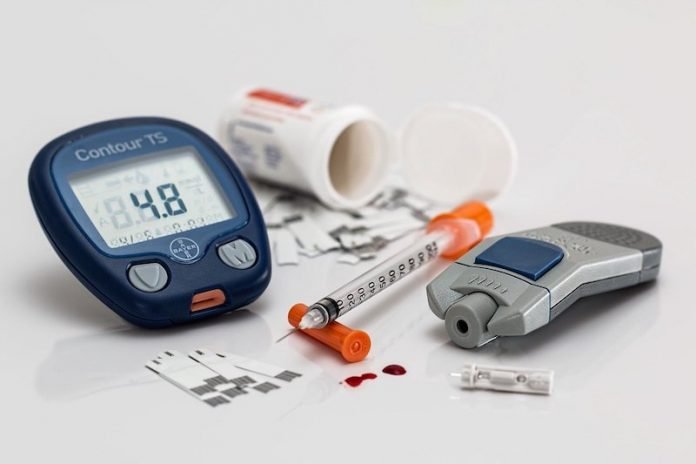
Overweight or obesity, an unfavorable distribution of fat in the body and the development of type 2 diabetes are often linked to a reduced effect of the hormone insulin in many organs, including the brain (insulin resistance).
So far there is no treatment to restore insulin sensitivity in the brain, which plays a key role in metabolic control.
In a new study from German Center for Diabetes Research, researchers found that the diabetes drug the SGLT2 inhibitor empagliflozin can be used to treat insulin resistance in the brain—with positive effects on the metabolism of the entire body.
The brain has a decisive influence on our eating behavior and thus also on body weight and metabolism.
If the brain reacts sensitively to insulin, we eat less, less abdominal fat is stored, and the insulin sensitivity of the entire body improves.
However, in people with obesity or type 2 diabetes, the hormone in the brain is no longer effective. This insulin resistance leads to a disturbed metabolism. So far, insulin resistance in the brain cannot be treated with drugs.
In the study, the researchers investigated whether a diabetes drug from the SGLT2 inhibitor group can also reverse insulin resistance in the brain.
SGLT2 inhibitors reduce elevated blood glucose levels in diabetes by promoting glucose excretion through the urine and have a beneficial effect on the heart, circulation and kidneys.
For this purpose, the effect of the SGLT2 inhibitor empagliflozin on the insulin sensitivity of the brain was tested in people with prediabetes.
40 people with prediabetes received the drug empagliflozin or a placebo for eight weeks.
The team found the empagliflozin treatment strongly improved the effect of the hormone on brain activity.
Empagliflozin also improved fasting glucose levels and decreased liver fat content. Although the SGLT2 inhibitor did not reduce weight, it did reduce body fat content.
These findings confirm insulin resistance in the brain in people with prediabetes. Treatment with empagliflozin was able to restore insulin sensitivity.
These results position SGLT2 inhibitors as the first potential pharmacological approach to treat insulin resistance in the brain. The increased insulin sensitivity also contributes to improved body metabolism.
If you care about diabetes, please read studies about widely used stomach drugs that may help control blood sugar in diabetes, and findings of common diet that could boost health in people with diabetes.
For more information about health, please see recent studies about nutrient that may help reduce risk of type 2 diabetes, and results showing that COVID may cause a new wave of diabetes.
The study is published in Diabetes Care. One author of the study is Dr. Stephanie Kullmann.
Copyright © 2021 Knowridge Science Report. All rights reserved.



